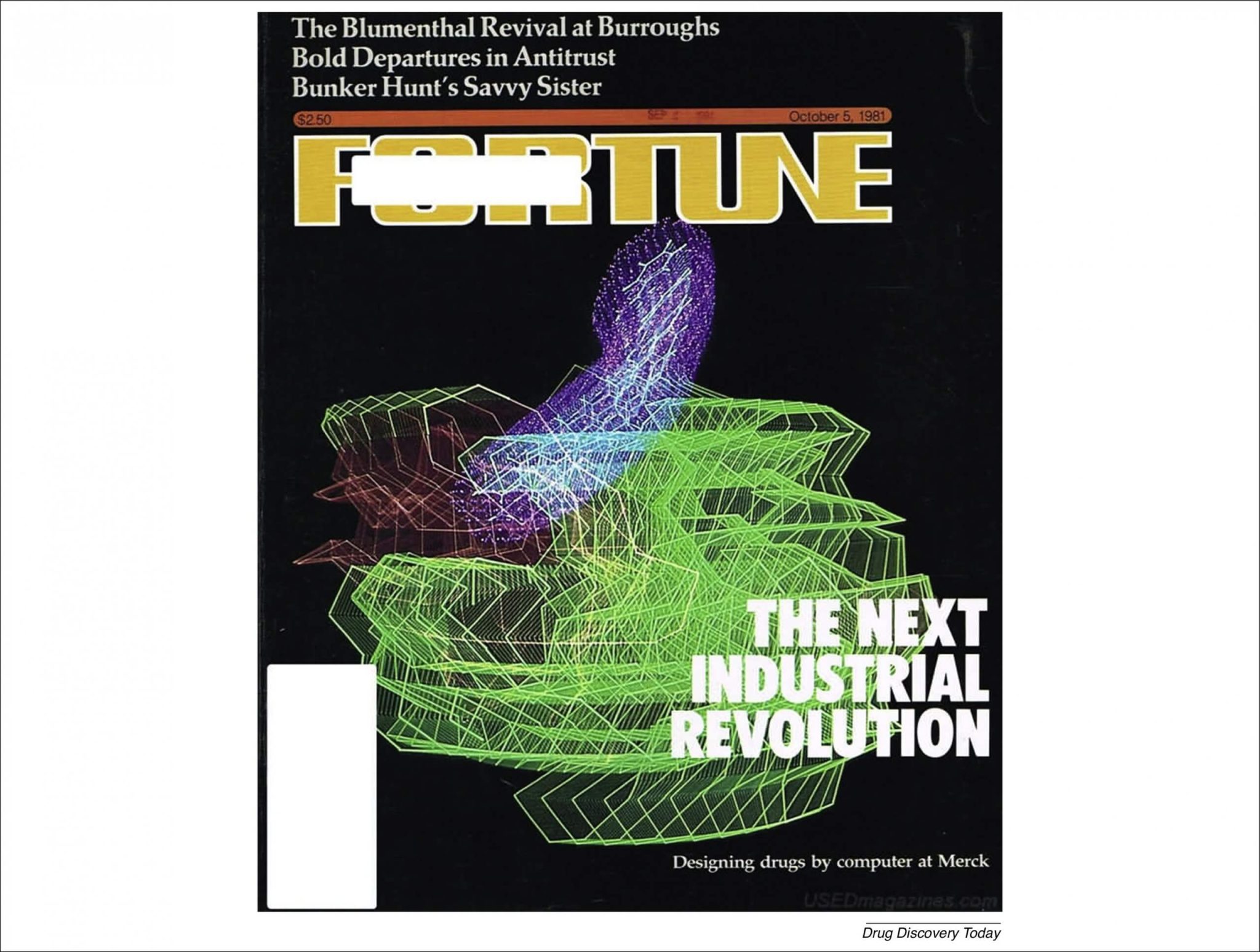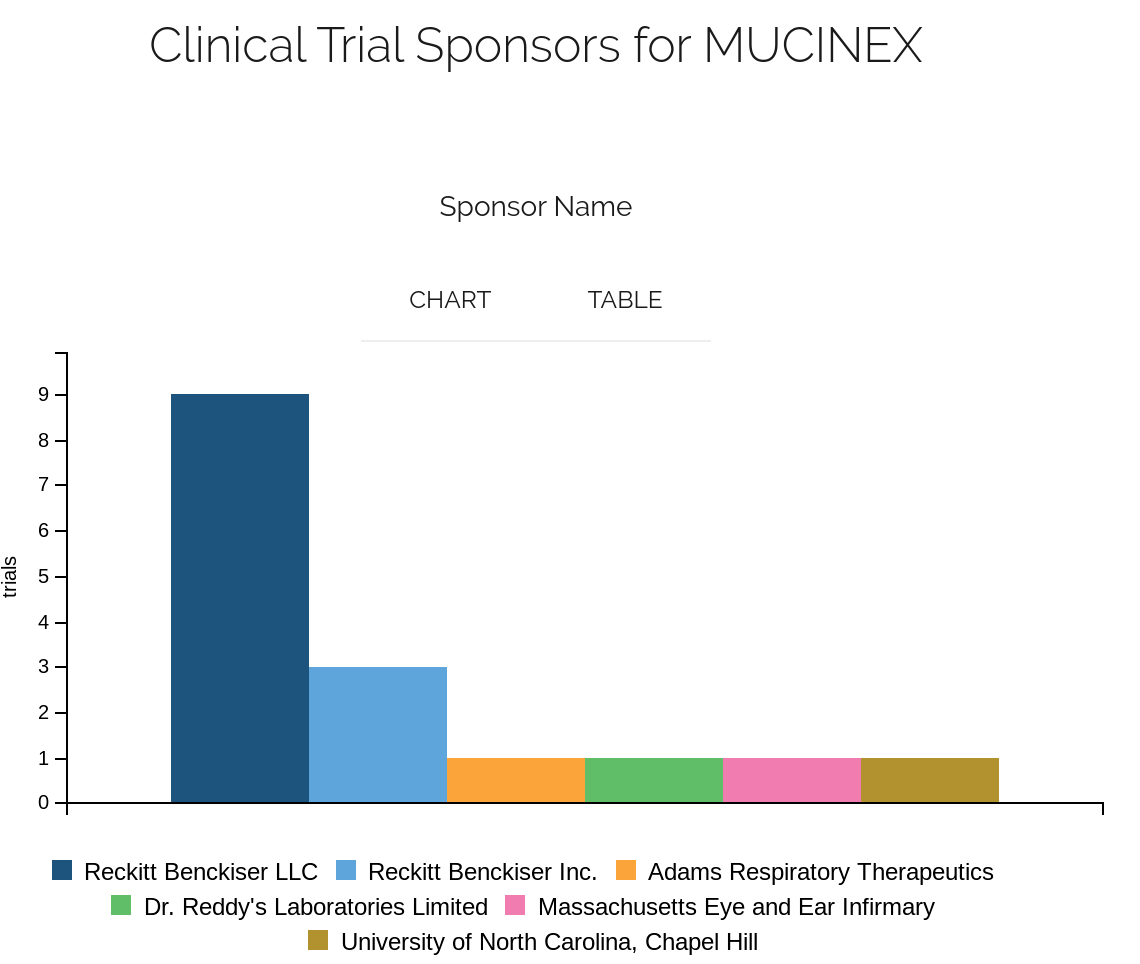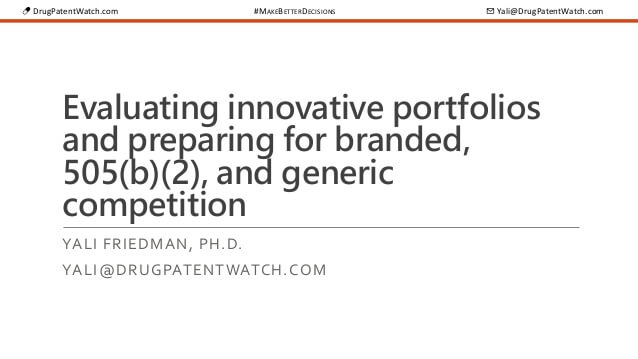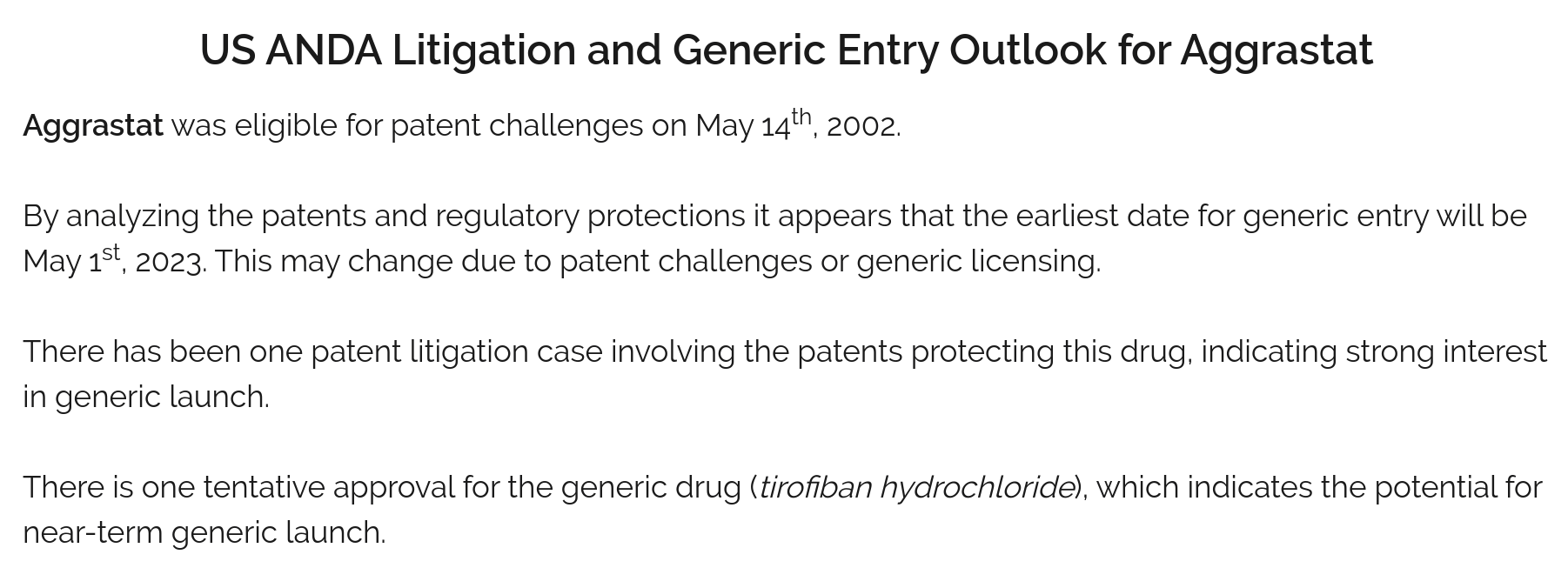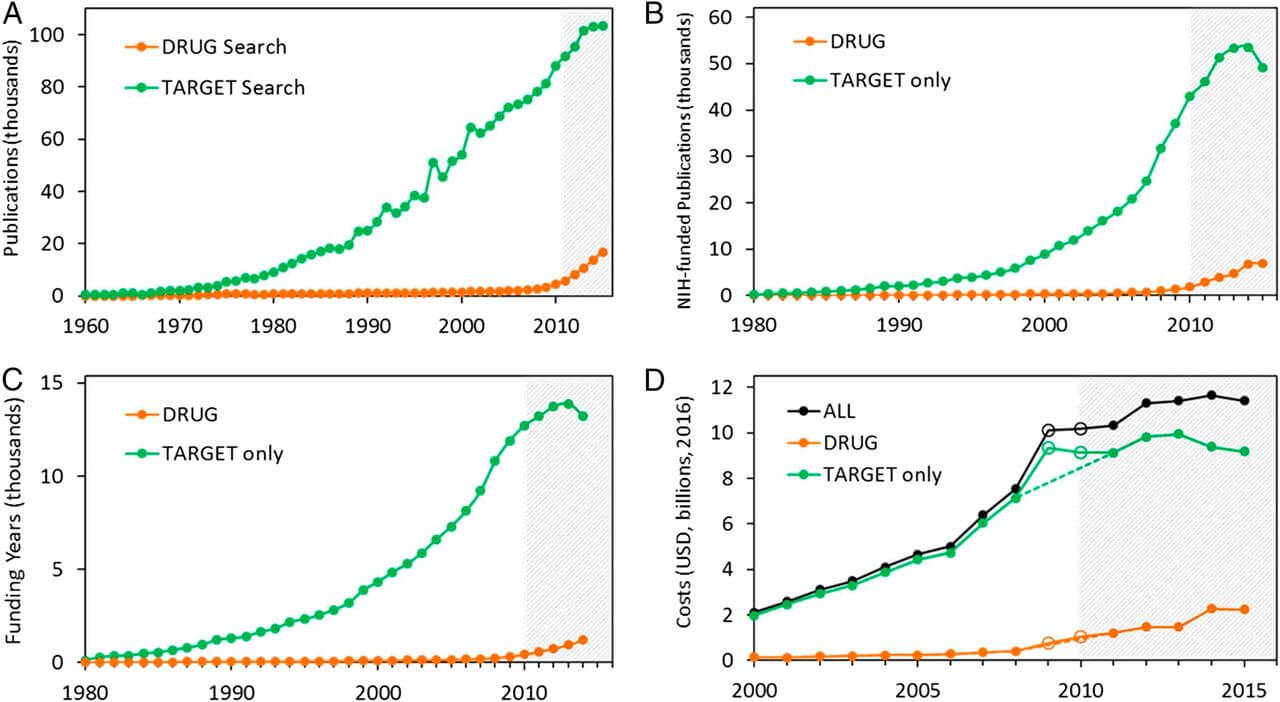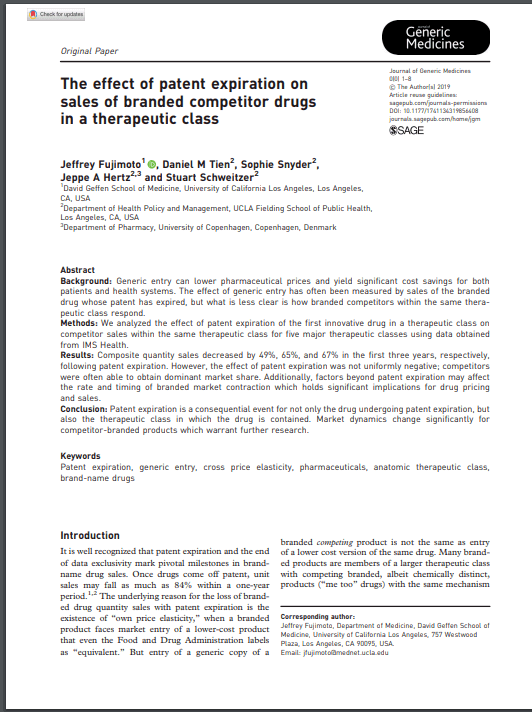Litigation Summary and Analysis for Bristol-Myers Squibb Company vs. Generic Pharmaceutical Companies
While the specific case of “Bristol-Myers Squibb Company v. Umedica Laboratories Pvt. Ltd.” with the case number 1:24-cv-01089 is not directly provided in the sources, we can infer and analyze similar litigation involving Bristol-Myers Squibb (BMS) and generic pharmaceutical companies based on available data.
Background on Bristol-Myers Squibb Litigation
Bristol-Myers Squibb has been involved in several high-profile litigations related to patent infringement, anticompetitive practices, and the protection of its pharmaceutical products.
Anticompetitive Practices
FTC Charges Against BMS
In one notable case, the Federal Trade Commission (FTC) charged BMS with engaging in anticompetitive acts to maintain its monopolies in several highly profitable prescription drugs, including BuSpar, Taxol, and Platinol. BMS was accused of paying a would-be competitor $72.5 million to abandon its challenge to a BMS patent and stay off the market until the patent expired. Additionally, BMS allegedly abused FDA regulations and made false statements to the FDA to block generic entry[1].
Patent Infringement and Claim Construction
BMS vs. Aurobindo Pharma
In a case involving BMS and Pfizer against Aurobindo Pharma, the dispute centered around the interpretation of patent claims related to the drug Eliquis (apixaban). The court had to construe the meaning of certain terms in the patent claims, including what constitutes “pharmaceutically acceptable” salts. The court ultimately decided that the patent did not exclude salt forms that are toxic, even if they fall within the literal definition provided in the patent[3].
Zenith Laboratories vs. BMS
In another case, Zenith Laboratories challenged BMS’s patent claims related to the antibiotic cefadroxil. The court rejected BMS’s theory of infringement under the doctrine of equivalents and found that BMS had relinquished coverage of certain forms of cefadroxil through prosecution history estoppel. However, the court did find that Zenith’s product converted into the patented compound in the patient’s stomach, leading to a finding of induced infringement[4].
Litigation Strategies and Outcomes
Claim Construction and Prosecution History
BMS has often found itself in disputes over the construction of patent claims. In the Zenith Laboratories case, the court emphasized the importance of prosecution history in limiting the scope of patent claims. This highlights the need for careful management of patent prosecution to avoid disclaiming or disavowing certain interpretations of claim language[4].
Antitrust and Anticompetitive Allegations
The FTC’s charges against BMS for anticompetitive practices underscore the regulatory scrutiny pharmaceutical companies face when attempting to protect their market share. These allegations can lead to significant financial penalties and reputational damage[1].
Key Takeaways
- Patent Claim Construction: The interpretation of patent claims is crucial and can significantly impact the outcome of litigation. Prosecution history plays a vital role in defining the scope of claims.
- Anticompetitive Practices: Pharmaceutical companies must avoid engaging in practices that could be seen as anticompetitive, such as paying competitors to delay market entry or abusing regulatory processes.
- Regulatory Compliance: Compliance with FDA regulations and honesty in dealings with regulatory bodies are essential to avoid legal and reputational consequences.
- Litigation Strategy: Careful management of patent prosecution and a thorough understanding of antitrust laws are critical in litigation involving pharmaceutical patents.
FAQs
What are common anticompetitive practices in the pharmaceutical industry?
Common anticompetitive practices include paying competitors to delay market entry, abusing regulatory processes, and making false statements to regulatory bodies.
How does prosecution history impact patent claim construction?
Prosecution history can limit the scope of patent claims by excluding interpretations that were disclaimed or disavowed during the patent prosecution process.
What are the consequences of engaging in anticompetitive practices in the pharmaceutical industry?
Consequences can include significant financial penalties, reputational damage, and legal action from regulatory bodies such as the FTC.
Why is claim construction important in pharmaceutical patent litigation?
Claim construction is crucial because it defines the scope of what is protected by the patent, directly influencing the outcome of infringement disputes.
How do regulatory bodies like the FDA impact pharmaceutical patent litigation?
Regulatory bodies like the FDA can impact litigation through their approval processes and the enforcement of regulations. False statements or abuse of these processes can lead to legal consequences.
Sources
- Federal Trade Commission. In the Matter of Bristol-Myers Squibb Company – Analysis.
- U.S. International Arbitration Digest. 2016-2024 Arbitration Decisions.
- United States District Court for the District of Delaware. Bristol-Myers Squibb Company and Pfizer, Inc. v. Aurobindo Pharma USA Inc. and Aurobindo Pharma Ltd..
- Casetext. Zenith Laboratories v. Bristol-Myers Squibb.





